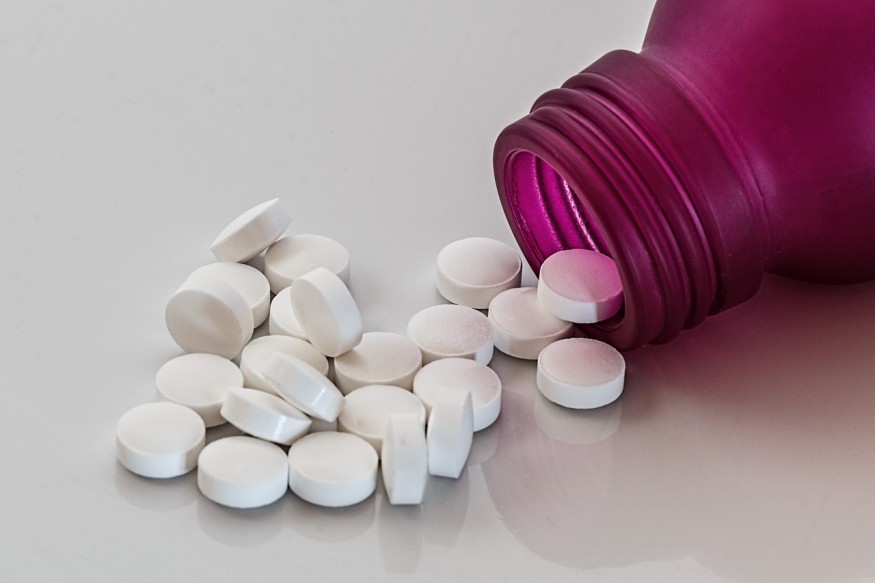The Food and Drug Administration (FDA) warned people not to use ivermectin to attempt to treat or prevent infection from COVID-19. This drug is usually used to treat parasites, including scabies and lice among others.
According to a Medical Xpress report, a study published online by Journal of the American Medical Association entitled "Effect of Ivermectin on Time to Resolution of Symptoms Among Adults With Mild COVID-19," a five-day course of this drug does not help improve the time of resolving symptoms compared with the use of placebo for adult individuals who have mild infection of COVID-19.
Cali, Colombia-based University del Valle's Eduardo Lopez-Medina, MD, together with his colleagues, randomly selected 400 adult individuals who had mild COVID-19 and experiencing symptoms for seven days or less to take their ivermectin for five days or a placebo.
200 patients were given ivermectin, while the other 200 patients received a placebo. They were enrolled between mid-July and end of November last year, and were followed until the December, also in 2020.
Read also: Universal Coronavirus Vaccine: Research Ongoing for Possible Solution to the Next Pandemic

Study Findings Not Supporting Use of Ivermectin
The study authors found that the median time for the symptoms' resolution was between 10 and 12 days in both the ivermectin and placebo groups, respectively.
As the study specified, by the 21st day, 82 and 79 percent of patients from the ivermectin group and placebo group, respectively, had the symptoms resolved.
The researchers found that headache was the most commonly observed adverse occurrence, 52 and 56 percent of the patients who received ivermectin and placebo, respectively.
Meanwhile, the most common serious adverse occurrence found during in the study of 400 patients was multi-organ failure and it occurred in four patients, two in each ivermectin, and the other two, in placebo group.
The study authors wrote in their research that findings do not encourage and support the use of ivermectin to treat mild COVID-19 even though more extensive tests may be needed to further understand the impacts of ivermectin on other clinically relevant results.
Disapproval from the FDA
According to a CNN report, FDA had been receiving several reports from patients who needed medical support and hospitalization after they self-medicated with ivermectin, which the agency's announcement described as intended for horses.
FDA's announcement noted that the agency had not approved ivermectin for either treatment or prevention of COVID-19 in humans, and this medicine is not an anti-viral drug.
As stated in the announcement, taking large doses of medication is hazardous and can lead to serious harm. It also noted that even levels of this drug approved for other purposes could interact with other medicines like blood thinners.
One can also overdose on the use of ivermectin, which can lead to diarrhea, nausea, vomiting, hypertension seizures, allergic reactions, and even death, among others.
What Does Ivermectin Treat?
According to WebMD, Ivermectin is a drug used for the treatment of specific "parasitic roundworm infections." The health and medicine information site also said parasitic infections help in the improvement of one's quality of life.
In those who have a weakened immune system, treating rundown infections can lessen the risk of developing a severe infection or even a life-threatening one.
Ivermectin belongs to a classification of drugs called antihelmintics. It functions by paralyzing and destroying parasites.
Recommended intake of this drug is by mouth with a full eight-ounce glass on an empty stomach at least one hour before meal.
Ivermectin is typically taken as one dose, or a series of doses, or as prescribed by the doctor. Furthermore, its dosage is based on the patient's weight, medical condition and reaction to treatment.
A YouTube video below discusses the use of the drug for COVID-19.
RELATED ARTICLE : COVID-19 Patients Likely to Experience Five Months Without Sense of Smell and Taste
Check out more news and information on COVID-19 on Science Times.
© 2025 ScienceTimes.com All rights reserved. Do not reproduce without permission. The window to the world of Science Times.












